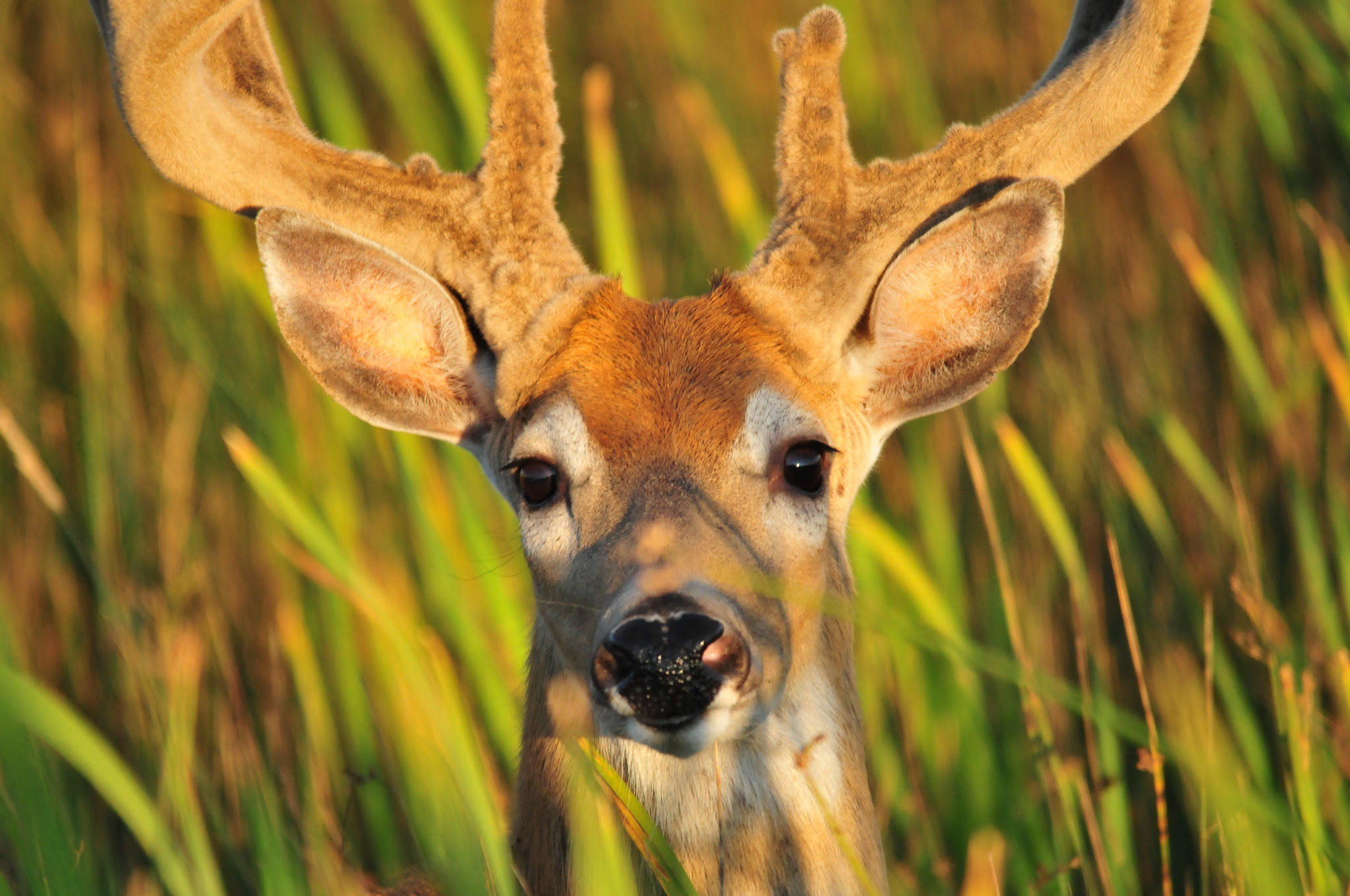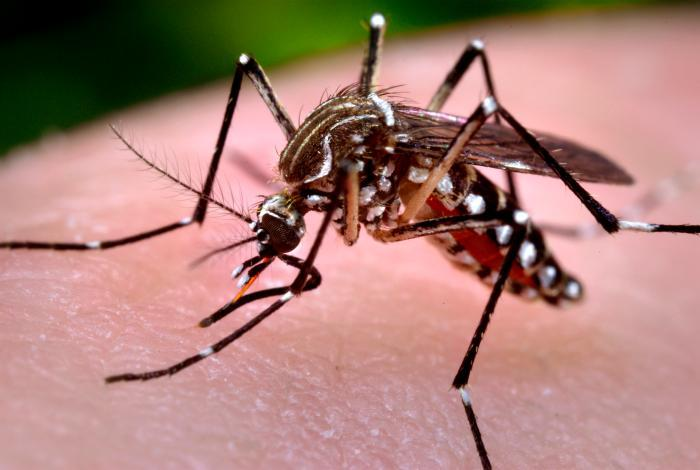
Rockingham County, Virginia, is now part of Virginia's chronic wasting disease (CWD) management area (DMA) 2 after West Virginia detected cases within 10 miles of the county border, the Virginia Department of Wildlife Resources (DWR) notes on its website.
During the 2024-25 deer-hunting season, 8,801 deer in Virginia were tested, and 109 of them (1.2%) were positive for CWD, a fatal neurodegenerative disease of cervids such as deer, moose, and elk. No cases were found outside of the state's four DMAs.
Rockingham County is in northwestern Virginia, near Grant County, West Virginia, which reported its first case in March 2025.
Since CWD was first identified in Virginia in 2009, it has been confirmed in Carroll, Clarke, Culpeper, Fairfax, Fauquier, Floyd, Frederick, Loudoun, Madison, Montgomery, Prince William, Pulaski, Rappahannock, Roanoke, Shenandoah, Tazewell, and Warren counties, the DWR said.
Hunters, others, inform management strategies
The department conducts CWD surveillance and develops management strategies with the help of hunters, taxidermists, and processors, among other groups.
It is illegal to feed deer in Virginia for any reason year-round in all counties within 25 miles of a known CWD-positive deer.
"One important management strategy is to prevent artificially concentrating deer at point sources like feeding sites," the DWR wrote. "As such, it is illegal to feed deer in Virginia for any reason year-round in all counties within 25 miles of a known CWD-positive deer."
CWD is caused by abnormally folded infectious proteins called prions, which spread via saliva, feces, and urine shed by infected deer, as well as through prion-contaminated soil. The disease hasn't been shown to pose a risk to humans or domestic animals, but public health agencies advise hunters to have their animal tested before consuming the meat.












